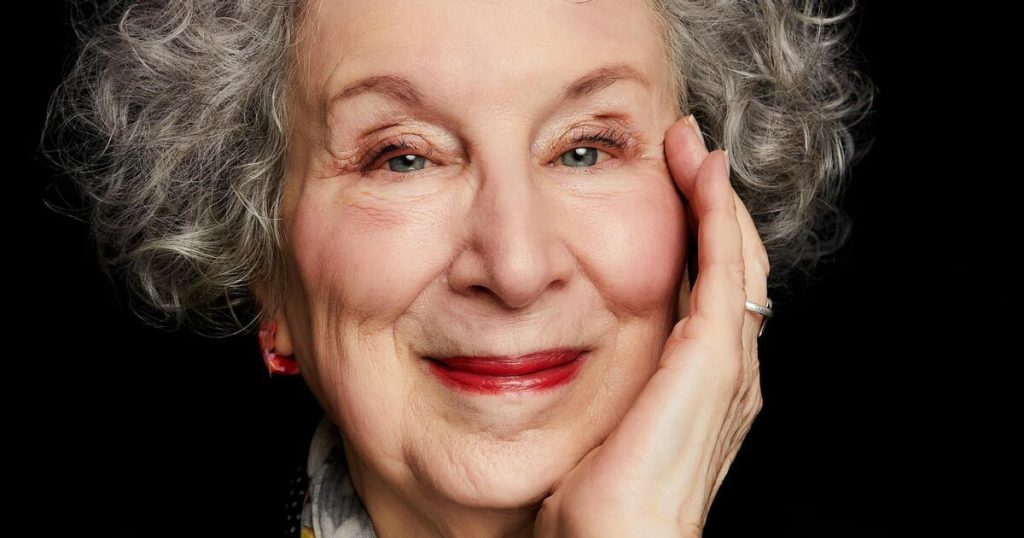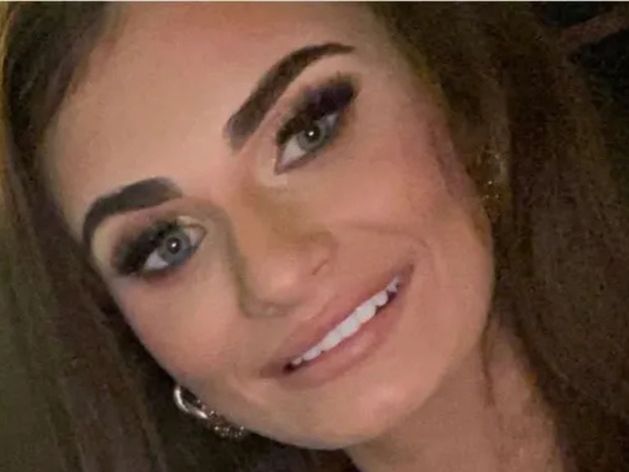
Podcasting, underdogs, a ‘love letter to Ireland’, a rally cry to young people from the author of and an extract from the Booker Prize winner all featured on the higher level 2025 English paper 1.
Overall, the first papers to open the 2025 Leaving Cert exams were “very balanced” and themed around perspectives.
Podcasting and poetry made appearances on the Junior Cycle papers, where a question on short stories may have caused some students to stumble.
There were lots of opportunities for students when it came to the higher level English paper 1 Leaving Cert questions, according to Kate Barry.
The English teacher with Loreto Secondary School, College Road in Fermoy and subject spokesperson for the Association of Secondary Teachers Ireland (ASTI) said she believed this year’s papers were “very fair on the whole.” “I really liked the three texts they gave,” she added.
This included an article by science writer David Robson, a speech made by Margaret Atwood, author of , and an extract from Samantha Harvey’s 2024 novel which won last year’s Booker Prize.
In her speech, Margaret Atwood gives advice to young people, referring to herself, “a wise old counsellor”.
“It’s good to see someone of her calibre appearing,” Ms Barry said. “There was a good level of challenge in the Section A questions.”
“The three questions were very similar, they were very consistent, and nice and general. They asked students to write about elements of language that are elegant, thought-provoking, or inspiring.
However, she was more critical of the paper’s Question Bs, which carry 50 marks. In particular, a question that asked students to imagine they are a contributor to a podcast while reflecting on how their perspective on a significant issue changed.
“I don’t see why that question needs to be for a podcast,” Ms Barry said. “It’s a lovely invitation to write, it’s a very nice topic and encourages them to think and reflect, but I don’t see why it needs to be for a podcast.”
“I think they are trying to be current, and they think ‘well a lot of people listen to podcasts’.”
The other two Question Bs were more creative, asking students to imagine they are either a sports captain or a hotel manager. “Not everybody is up for that so it was good to have a question where they could write as themselves.”
Meanwhile, the higher-level essay topics, which carry 100 marks, were “really nice”. “There were some really nice options there, I thought,” Ms Barry said.
In particular, she liked the option that asked students to write a speech for or against the motion that: Truth has become a valueless currency in today’s world.
“I really like the questions where students can take it personally, and can write about their own lives, but there was plenty of scope there if they do want to engage in current events.”
Another of the questions she liked was the option to write a love letter to Ireland.
“Some of these essay questions can be a bit doom and gloom, but this question asked students to view contemporary Ireland from an optimistic lens. It gives them an opportunity to be positive, which actually can be a challenge.”
The only essay question she has concerns about was one asking students to reflect on some of the factors that would influence their voting intentions in future elections.
“You’d really expect and hope that all the people correcting that would put their own views to the side. I don’t think it would be a popular one anyway.”
The ordinary level English paper 1 had some “accessible” texts that included extracts from the writing of Paul Howard and Rosaleen McDonagh as well a visual image question themed around ‘Love in Many Guises’ which included song lyrics from The Beatles, Ed Sheeran and Taylor Swift as well as Mark Twain and Lao Tzu among others.
In particular, Ms Barry liked the essay question on this paper that asked students to reflect on the importance of people standing up for their views and beliefs.
“Sometimes people have different reasons for taking ordinary level English,” she said.
“Sometimes they haven’t been in Ireland very long and wouldn’t have enough English to do the higher-level paper but they would be well able to come up with their own thoughts and opinions.
“It’s not aimed too young, it takes into account that they are emerging adults, grappling with adult themes too.”
Overall, the Junior Cycle papers were “lovely and clear”, Ms Barry said. Similarly, the idea of perspectives came up on the Junior Cycle exam.
Podcasting made another appearance on the 2025 Junior Cycle exam, with a question based around ‘The Black & Irish Podcast’.
However, a question asking students to write about a short story they have covered may have caused some to stumble. “That technically is on the course, it is a specification but that specification is huge,” Ms Barry explained.
“The amount of material they must cover on it, and that is the first year they have specifically been asked to cover a short story they have studied. It’s very, very difficult to teach the whole specification,” she added.
“I would expect they would interpret short stories there liberally when they go to correct it. It’s something they might not have done. They would have read them as part of the Junior Cycle, but they mightn’t have been expecting them as an exam question.”
“It’s come up in the past to write their own short story, rather than analyse one as a text. Some of our students here, they were able to take something they had read and answer that way but I do think out of all the questions, that was so new and that would have been the one that caused some to stumble.”
“That will all be reflected when they come to the marking scheme, I would reassure people about that.”
The ordinary level Junior Cycle paper was very “nice and straightforward”, she added.
“I’m not sure about this way they have of testing vocabulary where they ask what this word means, and they mightn’t know the word, they just get given a random five words, but overall, I did think it was very candidate friendly.”




